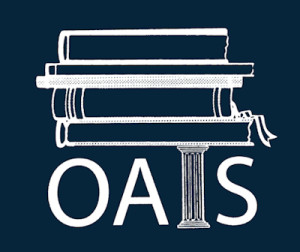Post-SOTS, Legislators Should Consider Private Schools, Too
Gov. Kasich just delivered his State of the State and while the partisans on each side will cheer or boo some of his proposals, I suspect that the most bipartisan support will be in his plans for education. Ohio does have serious problems when it comes to dropouts and vocational education and the efforts to get kids on the right track and staying on the track will pay dividends in the future.
